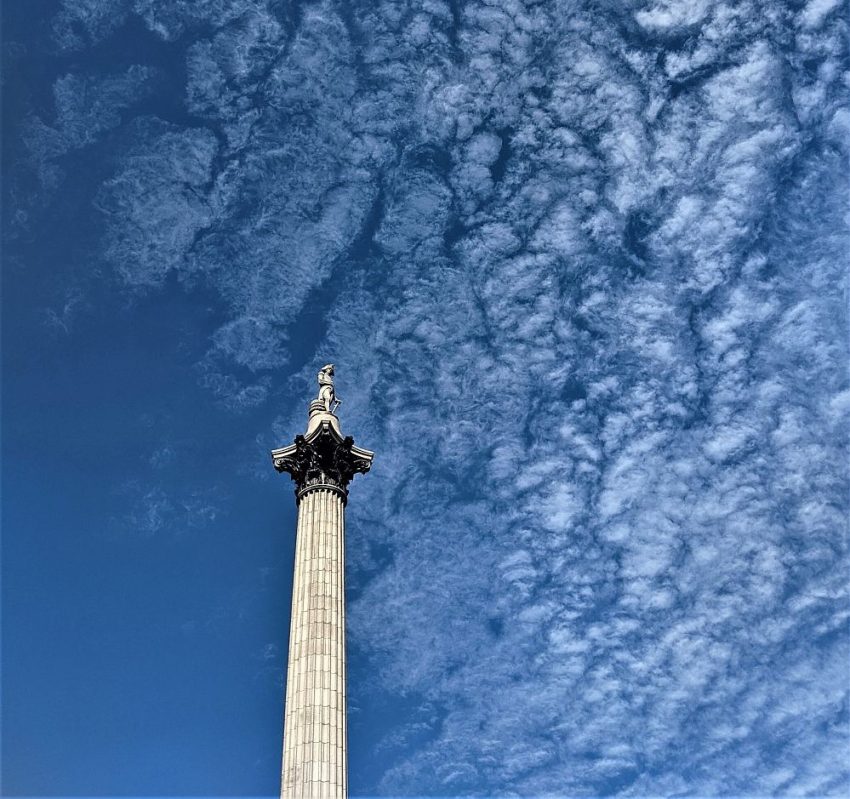I’ve been wondering about the expression “ivory tower”. Where did it come from and why are academics supposedly living in one, far removed from normal life? It doesn’t sound very comfortable and it’s definitely not elephant-friendly. I’ve looked it up and it comes from the Bible, Song of Solomon 7:4:
Thy neck is as a tower of ivory; thine eyes like the fishpools in Heshbon, by the gate of Bathrabbim: thy nose is as the tower of Lebanon which looketh toward Damascus.
That seems like a pretty bizarre declaration of love to me (eyes like fishpools and a nose like a tower!?) and at first glance seems to have little to do with the way it’s now used to describe someone living in a protected, isolated state, unaware of how the rest of the world operates. But phrases evolve and change over the years, so I can see (just) how the ivory tower has gone from being a woman’s neck to a place of splendid isolation. That, after all, has been where many societies have preferred to keep women, ranging from purdah in Hindu society, to harems in Muslim households, to the traditional western belief that a woman’s place is in the home.
Why am I wondering about this? Well, it might be a fever dream since I’ve been at home with a cold all week, turning my head into a vague and unreliable place, but more specifically it’s in response to a book I’m reading called The Silk Road: A Very Short Introduction. I am fascinated by the Silk Road, although there were in fact many trade routes connecting the Far East, India, Central Asia and Europe. I‘m going to attend a workshop on the subject in January and have just been sent a reading list, which, if I’m honest, I could have done without.
I have to admit that I wasn’t that vigilant about reading lists at university and I don’t think I’ll be knocking myself out to read all the books on this list either. What would be the point in attending the workshop if I knew everything already? One of the recommended books is Peter Frankopan’s The Silk Roads, which sits, unread, as a challenge on my bookshelf. It’s 636 pages long, but I have looked at the pictures. I thought that The Silk Road: A Very Short Introduction would be more manageable, especially as it promises to be for a “general audience”.

I don’t know who the author (an American academic) considers the general audience to be, but I don’t seem to qualify. I have read only 28 pages and have already come across the words “polity” (several times), “proto-globalizer” and “kurgan”. This is when I started to think about ivory towers – does the author really think that the average person is familiar with these terms? It’s taken me back to my university days, when I had to spend hours trudging through dense volumes, trying to decipher what on earth the writer was talking about. I thought then, and still think now, that if I don’t understand what I’m reading then the author hasn’t explained it properly. I think that the whole point of non-fiction writing should be to communicate ideas and information, although I quickly learned that academics have a completely different, less helpful, agenda.
I will persevere with this book because (a) it’s a lot shorter than Peter Frankopan’s; (b) it is pretty much the least I can do; and (c) I might learn something interesting. Although I know that I’ll be much happier not knowing the meaning of “proto-globalizer”.


As interesting as ever. 👏🏻👏🏻 I think someone on BBC4 (or was it BBC2?) travelled the Silk Road? I remember that I did watch one or two of the episodes but it obviously didn’t enthral me as I can’t remember who the presenter was or anything else about it, either. 🤔😀
Was it Joanna Lumley, giving her breathy commentary? I think Simon Reeve would do a wonderful job.